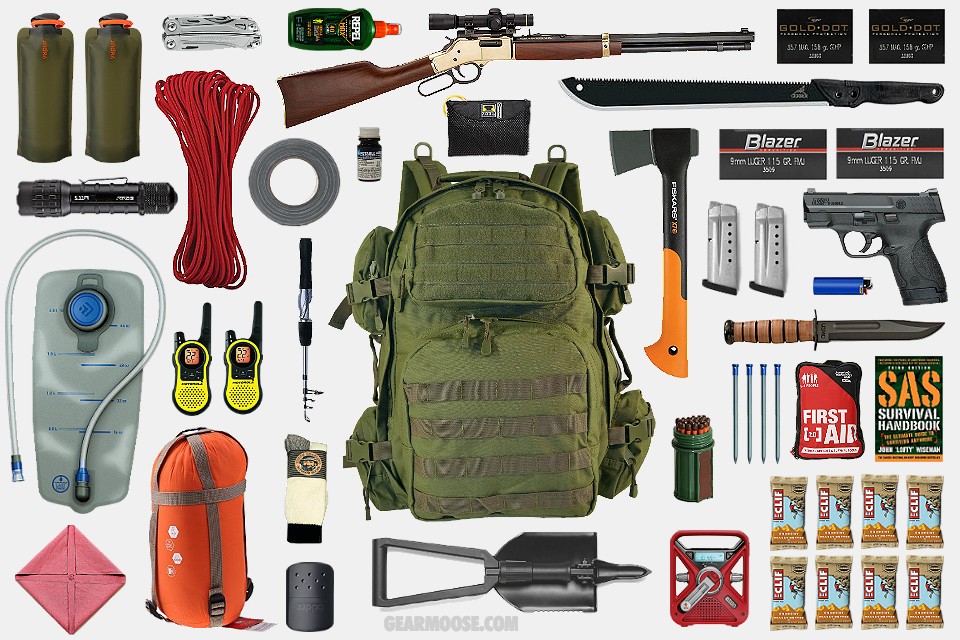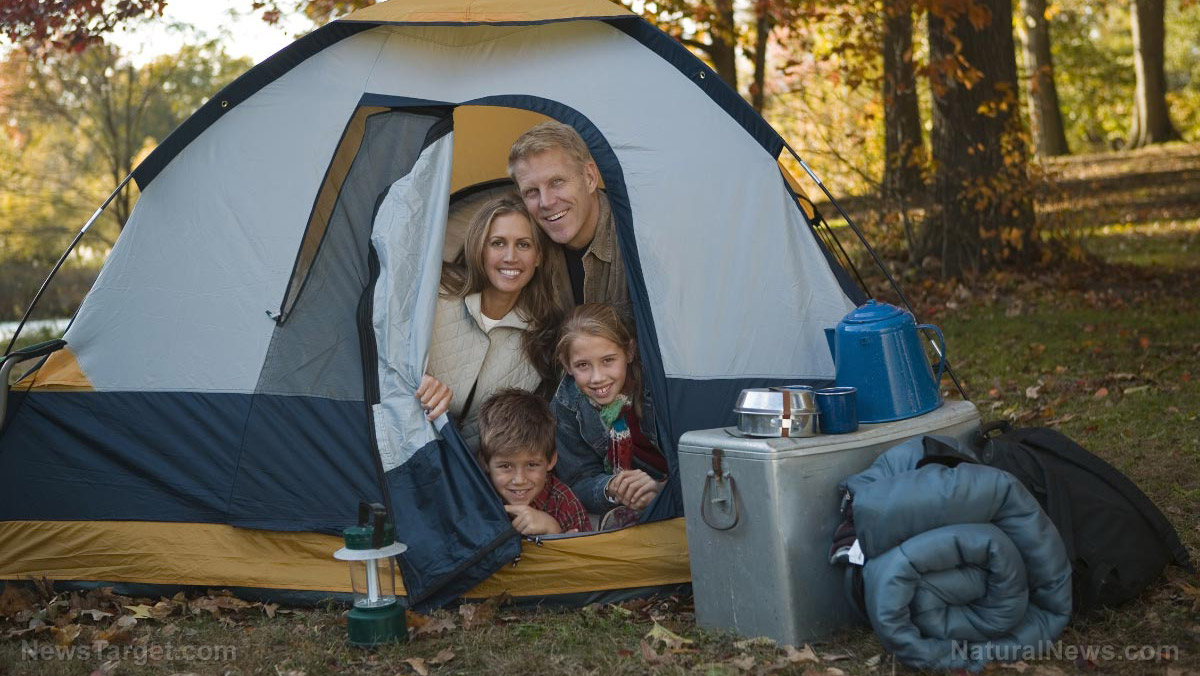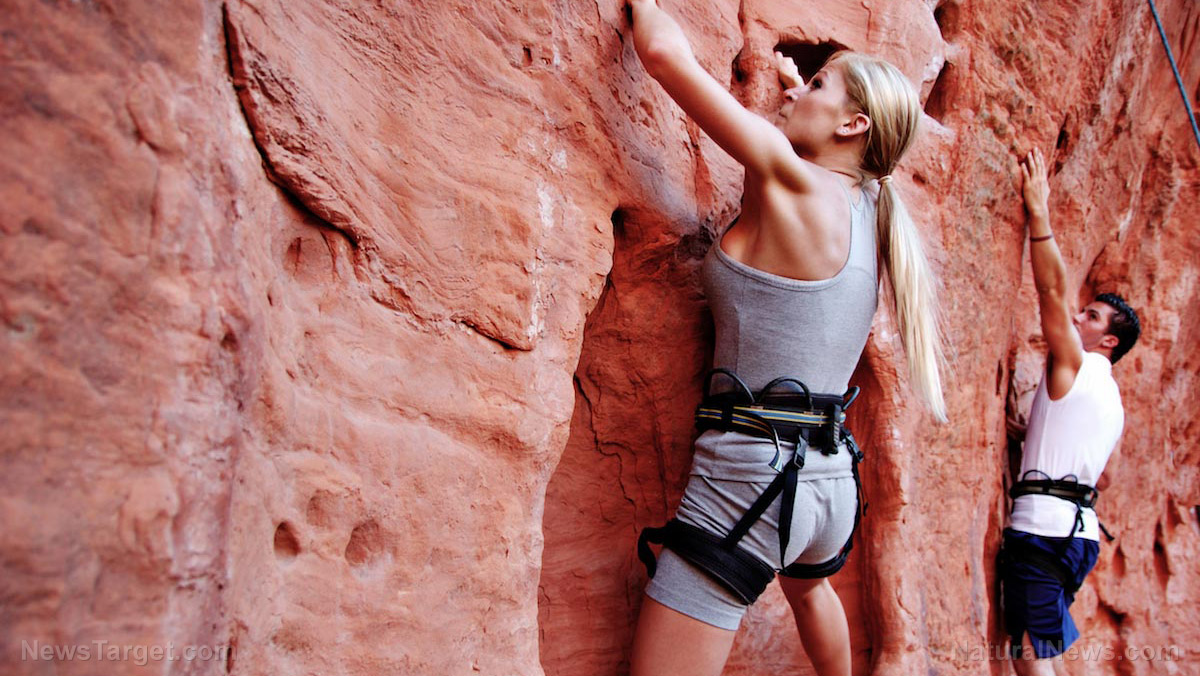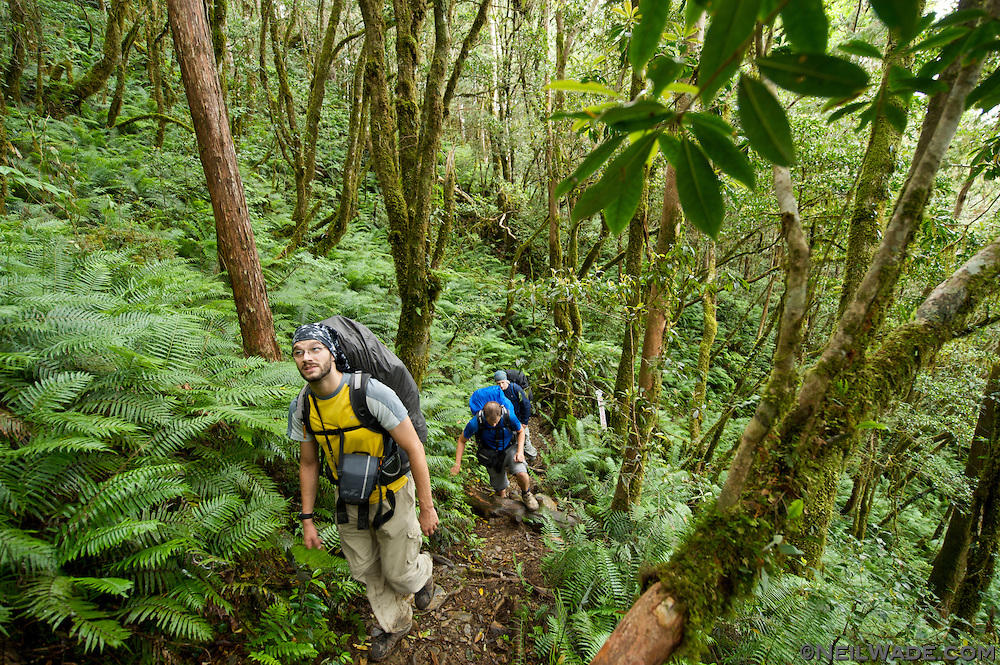
When camping or bugging out, it is important to have the proper equipment with you. The right survival gear can certainly come in handy in case of emergencies. Here are the top 20 essential items you should bring with you on your next camping trip. (h/t to SurvivalSullivan.com)
Tent
You will need a form of shelter to protect you from the elements and prevent exposure to extreme heat or cold. This is why having a high-quality tent is essential when camping. There are many kinds of tents to choose from, such as cold weather tents, canvas tents, and survival hammock tents.
First-aid kit
Medical assistance will not be readily available when you're out in the wild. You should have a well-stocked first-aid kit with you, in case you need to treat any injuries. Some emergency medical supplies you should have in your first-aid kit include sterile gauze pads, bandages, tweezers, disinfectants, and antibacterial ointments.
Cell phone
Even if the area you will be camping in might not have any reception, you should still bring your phone with you. You can use it to store useful information about your surroundings, such as the expected weather and terrain. There are also plenty of applications you can download to help you out on your camping trip.
Solar-powered charger
A phone won't do you much good once it has run out of battery. Keep your phone charged with a portable, solar-powered charger. (Related: Hassle-free adventures: The best camping and hiking gear for exploring nature.)
Flashlight with extra batteries
Even if your phone has a flashlight feature, you should still bring a small, durable flashlight in case you need a source of light at night. It also wouldn't hurt to pack a few spare batteries, just in case.
Non-perishable food rations
Pack plenty of lightweight food items such as high-protein dried fruits, nuts, trail mix, granola bars, and other non-perishable snacks.
Air-tight containers
Your food should also not leave any strong or lingering odors as these may lead hungry animals to your campsite. Store your food items in air-tight, bear-proof containers to avoid any unwanted animal encounters.
Camping stove
In case you need to cook your food, don't forget to bring a portable camping stove with you on your camping trip.
Lighter or matchbook
You can use a basic lighter or matches to easily get a nice campfire going. Just be sure to properly put out your fire once you are done.
Emergency drinking water
Fill a large water container with clean, drinking water and leave it at your campsite. If you need to go hiking, you can store some of your water in a durable canteen.
Water filter
Your campsite might not have a public water pump or another source of potable water, so you will need a portable water filter in order to drink water from natural sources.
Garbage bag
It is important not to leave any trash behind when camping, so remember to throw all your trash in a sturdy garbage can.
Personal hygiene items
Pack the necessary personal hygiene items, such as baby wipes, hand soap, and hand sanitizer, to keep yourself clean and prevent the spread of bacteria.
Pocket knife
You can use a decent pocket knife to defend yourself or to cut through objects, in case of emergencies.
Bandanna or handkerchief
Handkerchiefs are useful for bandaging wounds, filtering sediment out of the water, or keeping parts of your body cool.
Reliable compass
This survival tool can significantly reduce your chances of getting lost in the wilderness, if you know how to use one.
Sleeping bag or blankets
No camper wants to end up freezing in the middle of the night. Stay warm and toasty inside a sleeping bag or under a thick, comfortable blanket.
Warm, rainproof clothes
Be sure to pack clothes that will keep you dry and comfortable. Your top layer of clothes should be lightweight, rainproof, waterproof, and breathable.
Hiking shoes
Don't forget to pack a pair of durable hiking shoes suitable for rough terrain.
Insect repellent
Shield yourself from pesky insects by covering any exposed skin with bug repellent.
Stay prepared for any situation by bringing along high-quality camping gear.
Sources include:
Please contact us for more information.

















